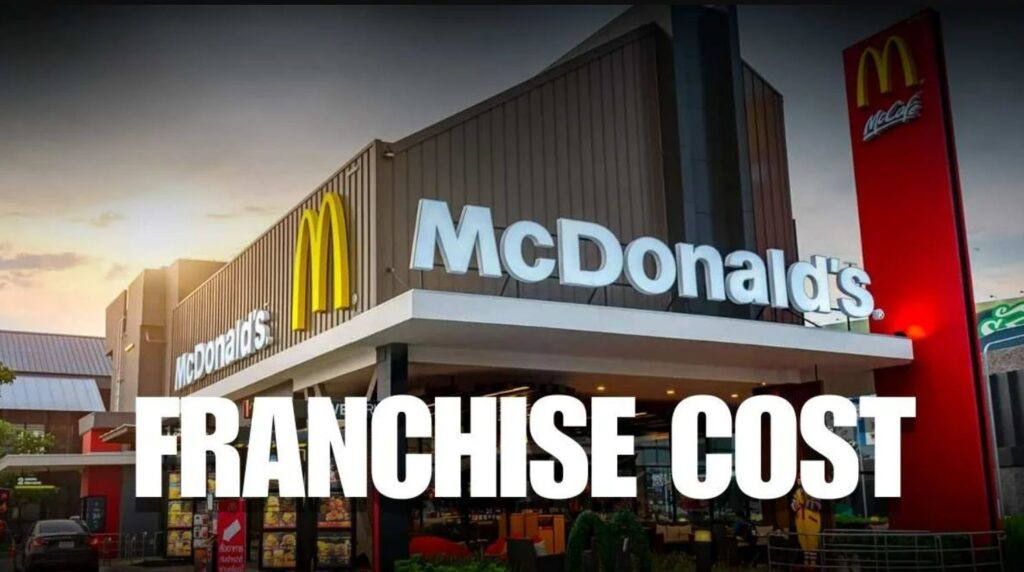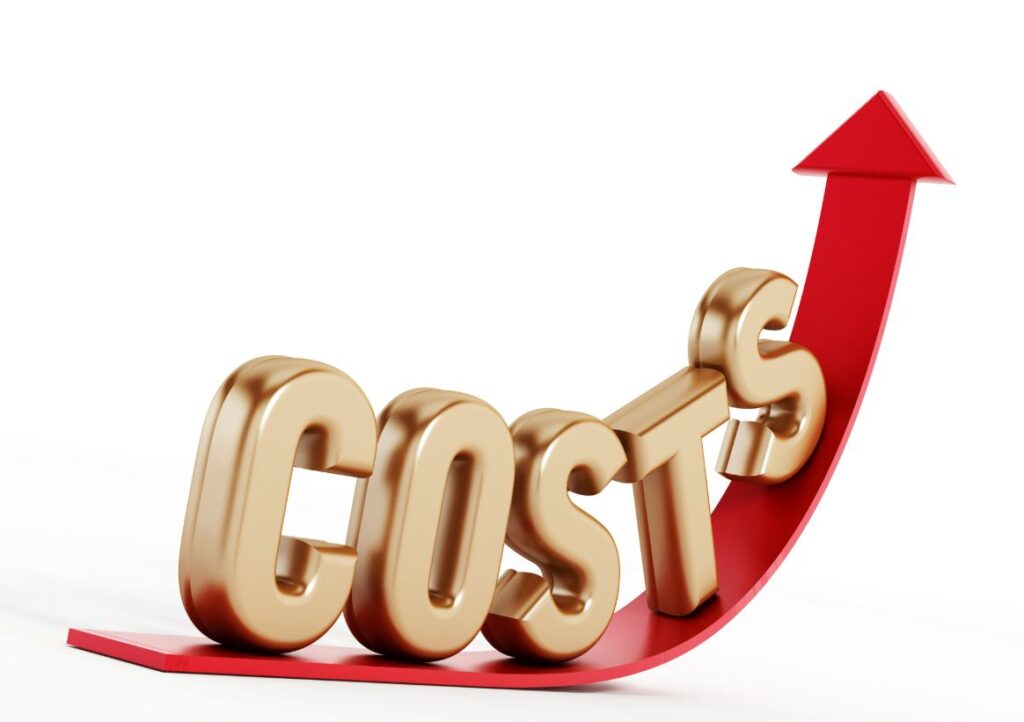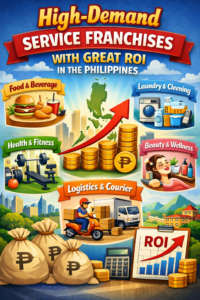Are you thinking about starting a franchise in the Philippines? So first, what is franchising? Franchising has become one of the most popular ways for aspiring entrepreneurs to enter the business world without having to start from scratch.
Instead of figuring out everything from branding to operations, you get a ready-made business model with a proven track record.
But before you get too excited, let’s talk about the numbers. How much does it really cost to start a franchise? What kind of expenses should you prepare for? More importantly, is it a worthwhile investment?
Before making a decision, you also need to weigh the franchise advantages and disadvantages carefully. Let’s break it down so you can make the best decision for your future business.
The Basics of Franchise Costs

If you’re new to franchising, you might think all you need is the franchise fee, and you’re good to go. But there’s a lot more to it than that. Opening a franchise requires careful financial planning because the total franchise cost includes multiple expenses, such as:
- Franchise Fee –A single upfront payment made to the franchisor for the right to operate under their brand, business model, and established system.
- Startup Expenses – The costs related to setting up your business, such as rent, renovation, equipment, and inventory.
- Ongoing Fees and Operational Costs – Monthly expenses like royalty fees, marketing contributions, rent, salaries, and utilities.
Each of these costs varies depending on the franchise you choose, so let’s take a closer look at them one by one.
1. Understanding the Franchise Fee
The franchise fee is like your ticket into the franchise system. It’s the upfront payment you make to the franchisor in exchange for the right to operate under their brand name. This fee typically covers:
- Use of the brand name, trademarks, and established business model.
- Initial training for you and your staff.
- Business setup guidance and operational support.
- Marketing and promotional assistance.
So, how much does a franchise fee cost? That depends on the brand. Smaller local franchises may charge as little as P50,000, while more established international brands can ask for P5 million or more.
The more popular and successful the franchise, the higher the fee. If you’re curious about franchise options within your budget, check out franchise cost estimates to explore your choices.
2. Startup Expenses: What Else Do You Need to Pay For?

Your franchise fee is only the beginning. To get your business up and running, you’ll need to budget for startup expenses such as:
a. Location and Lease Costs
A prime location can make or break your franchise. High foot traffic means more customers, but it also means higher rent. Malls, commercial centers, and busy streets often come with expensive lease rates.
On the other hand, a less expensive location might not bring in as many customers. It’s all about finding the right balance.
b. Store Setup and Renovation
Most franchises require their locations to follow a specific design, which means you’ll need to renovate your space according to their branding. This includes interior decor, signage, and furniture, which can cost anywhere from P200,000 to P2 million.
c. Equipment and Supplies
The type of franchise you choose determines the equipment you’ll need. A coffee shop, for example, requires espresso machines, blenders, and refrigerators, while a service-based franchise might need computers, desks, and office supplies.
d. Initial Inventory
Before opening, you’ll need an initial stock of products or raw materials. Food franchises require ingredients, retail businesses need products to sell, and service-based businesses need supplies to operate.
e. Business Permits and Licenses
To legally operate, you’ll need to secure the necessary permits and licenses. Fees for business registration, health permits, and other certifications vary by city or municipality, but expect to spend P10,000 to P50,000.
In total, startup expenses can range anywhere from P50,000 to P10 million, depending on the brand and industry.
3. Ongoing Costs: What You’ll Pay Every Month

Once your franchise is up and running, there are continuous expenses you need to factor into your budget. These include:
a. Royalty Fees
Most franchisors charge a monthly royalty fee, usually 3% to 10% of your sales. This fee covers ongoing support, research, and business improvements.
b. Marketing Fees
A large number of franchises expect their franchisees to participate in funding national or regional advertising efforts. This fee typically ranges from 1% to 5% of sales and helps maintain brand visibility.
c. Rent and Utilities
If you’re leasing a space, rent will be a fixed monthly expense. You’ll also have to cover utilities like electricity, water, and internet, which vary depending on your business size.
d. Salaries and Employee Expenses
If you’re hiring staff, you’ll need to budget for salaries, benefits, and training. The number of employees you need will depend on the business size and type.
How Do Franchise Costs Differ by Industry?
Not all franchises have the same investment requirements. Here’s a rough estimate of how much you’ll need for different industries:
- Food and Beverage – P500,000 to P10 million
- Retail – P300,000 to P5 million
- Services – P100,000 to P3 million
- Education and Training – P500,000 to P2 million
If you’re looking for franchise opportunities that match your budget, there are plenty of options available.
Factors That Affect Franchise Costs
Several factors influence how much you’ll need to invest:
- Brand Reputation – Bigger, well-known brands charge higher fees.
- Franchise Model – Some franchise model require more capital upfront.
- Location – Prime locations come with higher lease and setup costs.
- Business Size – A small kiosk is cheaper than a full-service restaurant.
- Franchisor Support – More training and marketing support means higher fees but better chances of success.
Is Franchising Worth It?

Franchising has its pros and cons. On the plus side, you get a recognized brand, a proven system, and franchisor support. However, it also comes with high startup costs, ongoing fees, and limited control over business decisions.
You can also check out the franchise forecast to see if your chosen industry is expected to grow.
Finding the Right Franchise for You
Starting a franchise is a big commitment, but with careful planning, it can be a rewarding business venture. Make sure you understand the franchise fee, startup expenses, and ongoing costs before diving in.
If you need inspiration, check out some of the best franchise businesses available today.
Ready to start your journey? Explore the opportunities available with Franchise PH and take the first step toward owning your own franchise!







